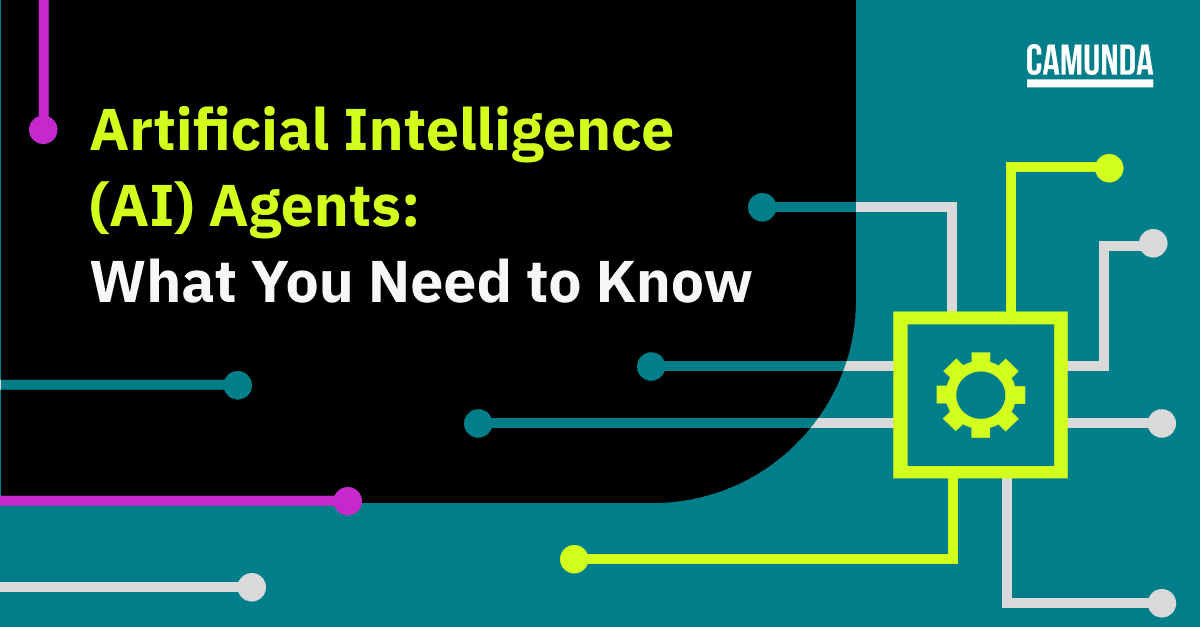Pro Advice On Choosing An AI Agent Site For Business
Wiki Article
Ai Agents: 10 Ways Businesses Can Use Them To Reduce Manual Errors In Financial Operations
Here are 10 ways for businesses to use AI agents to minimize the chance of making mistakes in financial operations:
1. Automated Data Entry
AI eliminates data entry errors by:
Making use of OCR to find the data from receipts or invoices.
In order to avoid manual entry, data can be synced with financial software directly.
2. Smart Validation Rules
AI ensures data accuracy by:
Cross-referencing inputs with established rules, historical data, and external sources.
Finding errors like duplicate entries, numbers that are not matched or incorrect formats.
3. Make use of Real-Time Anomaly Identification
AI identifies discrepancies by:
Be aware of your financial transactions and look for outliers or unusual patterns.
Alerting users about potential mistakes or frauds.
4. Standardize Financial Processes
AI assures consistency by:
Automating repetitive tasks like invoice generation, taxes calculations, and journal entry.
Reduce the variation in manual processing among different teams.
5. Utilize Predictive Analytical
AI minimizes forecasting errors by:
The analysis of historical data and real-time data to create accurate forecasts of cash flow either in terms of revenue or expenditure.
Identification of areas with differences.
6. Automate Reconciliation Processes
AI increases the accuracy of reconciliation of accounts through:
Automatically synchronize transactions in ledgers, bank accounts and invoices.
Make sure to highlight items that are not compatible, which can help resolve issues faster.
7. Deploy Intelligent Approval Workflows
AI reduces human oversight errors by:
Financial approvals are routed through pre-configured rules sets.
Before you advance transactions in the flow, ensure they meet certain criteria.
8. Perform regular audits of your data
AI simplifies audits by:
Monitoring and validating financial documents to verify compliance with rules.
Auditable reports that provide a detailed record of all modifications and changes.
9. Integrate AI into existing financial systems
AI reduces integration errors by:
Integration of CRM, ERP, Accounting platforms.
It is essential to maintain consistency in order to avoid data silos or mismatched entry.
10. Make use of AI to the fullest with an effective and efficient program of training
AI tools are most effective when users are aware.
Training employees on how to use AI tools efficiently and to interpret AI-generated insights.
Encourage reliance on AI to ensure accuracy when making critical decisions.
Companies can cut down on mistakes made by hand and increase efficiency by using these methods. They have the resources to focus on strategic financial actions. Take a look at the best AI agent for Appointment Scheduling for site guide including AI agent for vendor onboarding, AI agent for refund processing, AI agent for human resources, AI agent for supplier contact management, AI agent for social media sentiment analysis, AI agent for policy adherence, AI agent for code documentation, AI agent for ticket reopening monitoring, AI agent for customer issue resolution, AI agent for procurement and more.

Ai Agents Are A Great Method Of Detecting And Managing Fraud.
AI can be utilized to identify fraud in financial transactions and to manage risk. Here are 10 methods to do this.
1. Real-time Monitoring of Transactions
AI agents can spot fraudulent activities through:
Monitoring financial transactions continuously in real-time.
It is important to report transactions that are not in line with the typical patterns. For instance transactions that are unusually large or transactions, or transactions that happen at a fast pace, should be reported.
2. Anomaly The detection
AI can be used to detect unusual behaviors.
Machine learning algorithms are used to analyze transactional data from the past and detect outliers.
Be aware of patterns that may be a sign of fraud.
3. Predictive Risk Assessment
AI can help predict risks to come through:
Analysing historical data is an excellent way to predict certain risky financial transactions and fraud.
Transactions or accounts that pose high-risk due to previous incidents can be identified.
4. Behavior Biometrics
AI agents can analyse user behavior by using:
The monitoring of how users interact with financial platforms.
You can detect identity theft by detecting unusual or inconsistent behaviour.
5. Automatic Alerts for Suspicious Actors
AI gives instant alerts through:
Notifying compliance or risk management officers whenever suspicious activity is discovered.
Triggering automated workflows, such as the locking of accounts or investigations into fraud.
Credit Scores and Fraud Risk
AI is used to determine creditworthiness.
Examining the financial history of customers and patterns to predict the likelihood of default or fraudulent actions.
Business can better manage their risk when it comes to the terms of their loans or payments by using dynamic credit score that adjusts in real-time based on the activity.
7. Natural Language Processing (NLP) for Document Fraud Detection
AI can identify fake documents through:
Financial, contract and invoice documents must be checked for any errors, alterations to information, or fake data.
Using NLP algorithms to detect discrepancies in text and context, which could indicate fraud.
8. Screening Vendors and Customers
AI can aid in preventing fraud through:
AI-driven analysis can be utilized to conduct background checks on clients and vendors by analyzing public documents and financial histories and social media profiles.
It is important to flag organizations that are at risk to conduct a thorough investigation prior to executing any contracts or transactions.
9. Monitoring Compliance
AI ensures that regulatory compliance is achieved by:
Always checking the financial operation against current regulations and compliance standards.
Automating audits and reports can help to ensure that the law is followed, allowing businesses to detect and prevent financial fraud.
10. Machine Learning to Enhance the Detection of Fraud Continuously
AI agents become more intelligent as time passes.
Machine learning is an effective instrument to assist you in adapting and grow as new fraud tactics and techniques are developed.
Continuous training with new data to improve fraud detection models and reduce false positives.
By incorporating AI to detect fraud and management, companies are able stay ahead of any potential threats, secure their financial assets, maintain compliance, and ultimately improve the security of their operations and improve efficiency. Check out the best AI agent for Asset Management for blog examples including AI agent for supplier diversity tracking, AI agent for prospecting, AI agent for transaction matching, AI agent for service survey collection, AI agent for insurance clAIms processing, AI agent for regulatory reporting, AI agent for license management, AI agent for software development, AI agent for supplier engagement, AI agent for supplier contact management and more.

Ten Ways That Businesses Can Utilize Ai Agents To Adhere To Compliance And Regulations
Here are 10 ways companies could benefit from AI agents to ensure compliance and regulations in finance operations:
1. Automating regulatory reporting
AI agents improve reporting through:
Automatically create compliance reports that are required by regulatory authorities (e.g. SEC reports, financial disclosures or tax reports).
If you submit all documents on time, you decrease the chance of incurring fines when they are not submitted on time or not in conformity.
2. Real-Time Monitoring Transactions
AI ensures compliance with anti-money-laundering (AML) and Know-Your-Customer (KYC) and is backed by:
Continuel monitoring of financial transactions to identify suspicious transactions.
Reporting transactions that might violate compliance rules, such as large or unusual transactions, or cross-border transactions that require additional examination.
3. Automated audits & Data Validation
AI agents aid in audits through:
Automated checks are used to confirm that the financial records and transactions are in line with internal policies and rules.
Verify the accuracy and completeness of the financial information. Alert for any discrepancies, errors or other issues that could affect compliance.
4. Maintaining Data Security & Privacy
AI can help meet data protection regulations (e.g., GDPR) by:
Encrypt sensitive customer data and transactional information to ensure its safe storage and transfer.
Automately manage consent preferences as well as ensure personal data is only used in accordance with the law.
5. AI Fraud Detection
AI can assist in preventing fraud through:
Examine transaction patterns on a regular basis to identify fraudulent and irregular transactions that could be in violation of financial regulations.
Machine-learning algorithms are used to identify the risk of fraud and then identify them, minimizing violations of financial or legal standards.
6. Modifications to the Regulatory Framework Detection
AI can be used to ensure that businesses are up-to-date.
Monitoring changes in the financial regulatory framework (such as reporting obligations, tax laws, and industry norms)
Automatically updating internal systems and procedures to remain compliant with the latest regulatory changes.
7. KYC (Know Your Customer, or Know Your Customer) and AML Compliance
AI helps to comply by:
Automating KYC processes will ensure firms are compliant with KYC regulations.
Comparing customer behaviors with known risk profiles can aid in identifying money laundering.
8. Risk Management and Assessment
AI improves compliance risk management by:
Always assess and anticipate compliance risks using historical data, financial transactions and external factors.
Recommending measures to mitigate identified risks and to ensure compliance with regulations.
9. Analysis of contracts and documents
AI increases compliance by:
Making use of natural processing of language (NLP) to review contracts agreements, contracts, and other legal documents for compliance with regulatory standards.
Automatically flagging clauses, or terms, that might violate legal obligations. This can help businesses avoid violations.
10. Tax Compliance Automation
AI simplifies tax compliance through:
Automating the filing and calculation of tax, to ensure that businesses meet deadlines and adhere to tax law.
Reviewing transaction information to discover deductions, exemptions, as well as other tax-related possibilities while making sure that you avoid mistakes that could result in penalties.
Companies can be aware of regulatory changes by leveraging AI agents in order to guarantee compliance. They will also reduce the chance of errors or omissions. AI agents' ability to automate and monitor changing regulations, and also being able to adapt to these changes make them a vital instrument to ensure compliance with regulations. Follow the top AI agent for Contract Compliance for blog info including AI agent for service survey collection, AI agent for application development, AI agent for ticket closure notifications, AI agent for customer order processing, AI agent for software development, AI agent for billing and insurance, AI agent for media relations, AI agent for collections management, AI agent for sales operations, AI agent for expense management and more.
